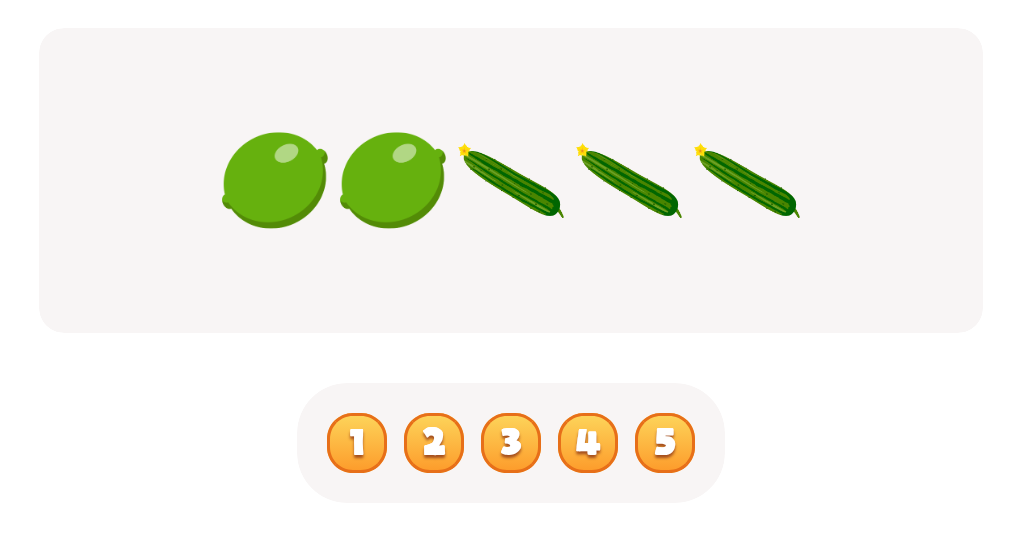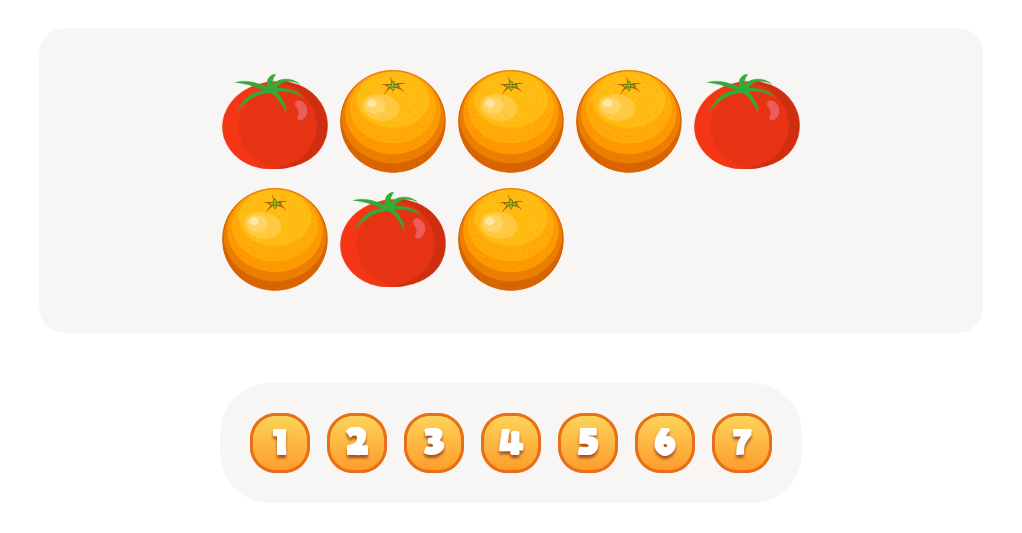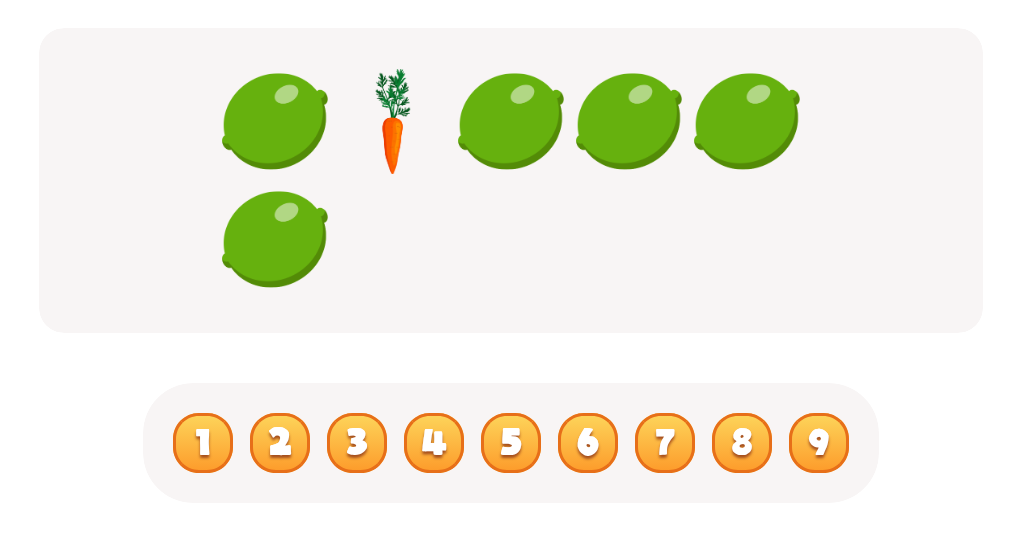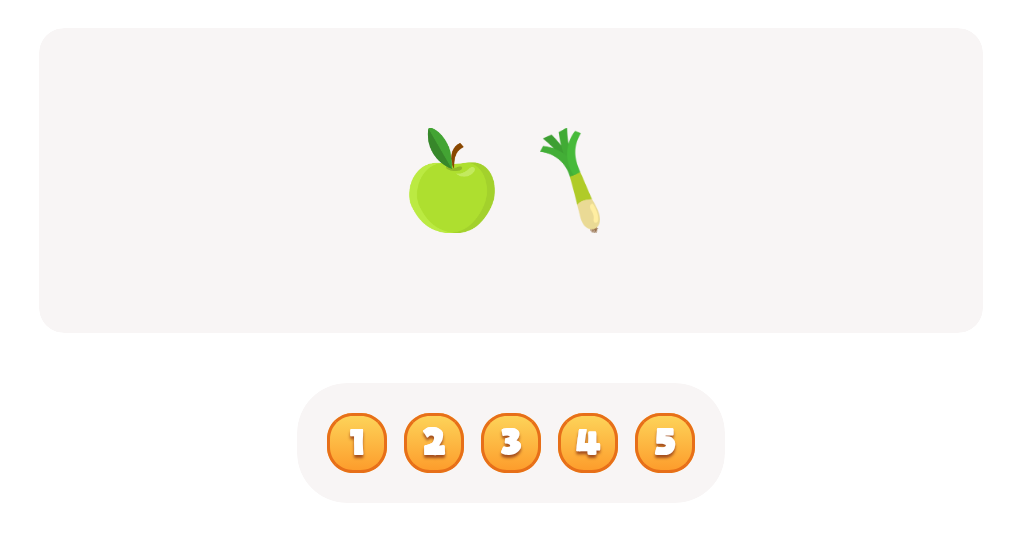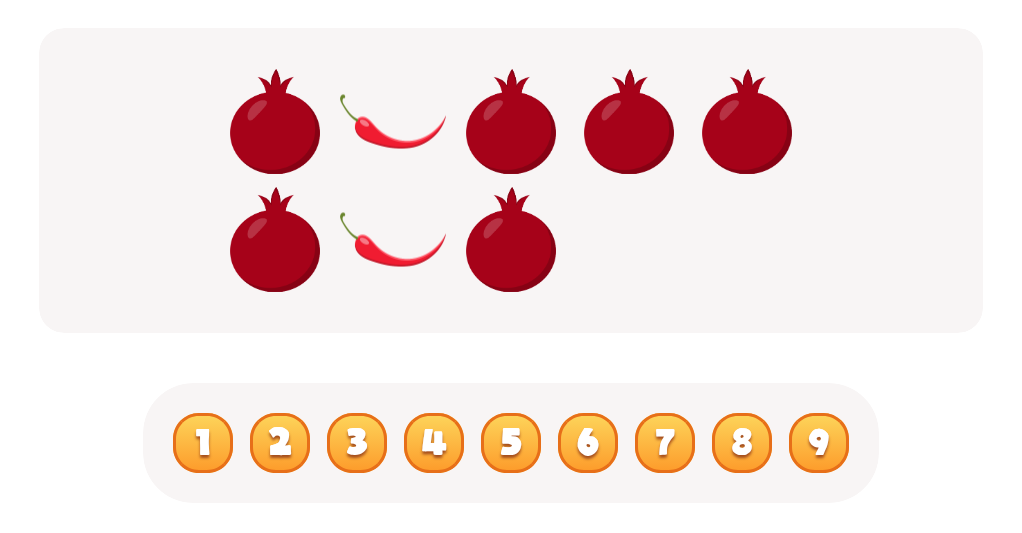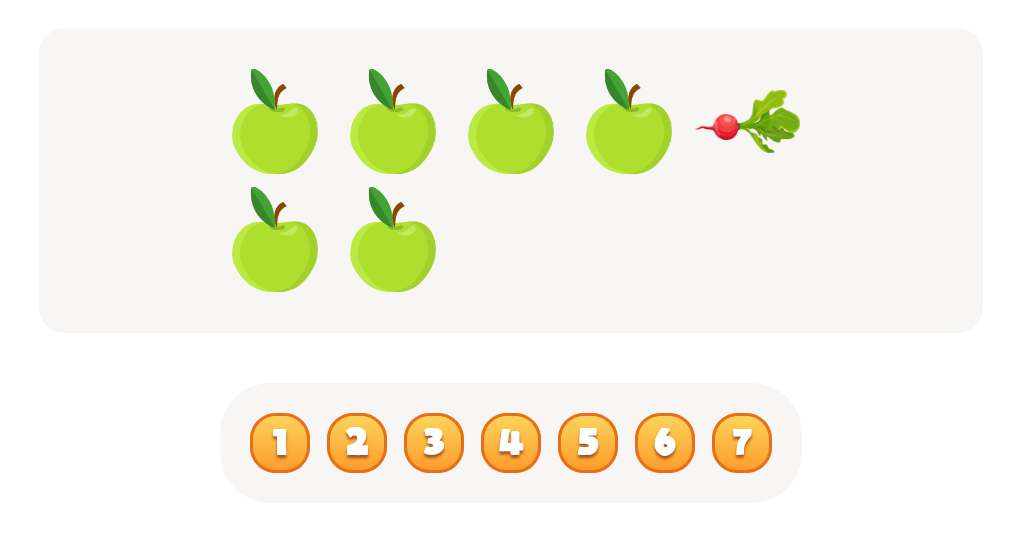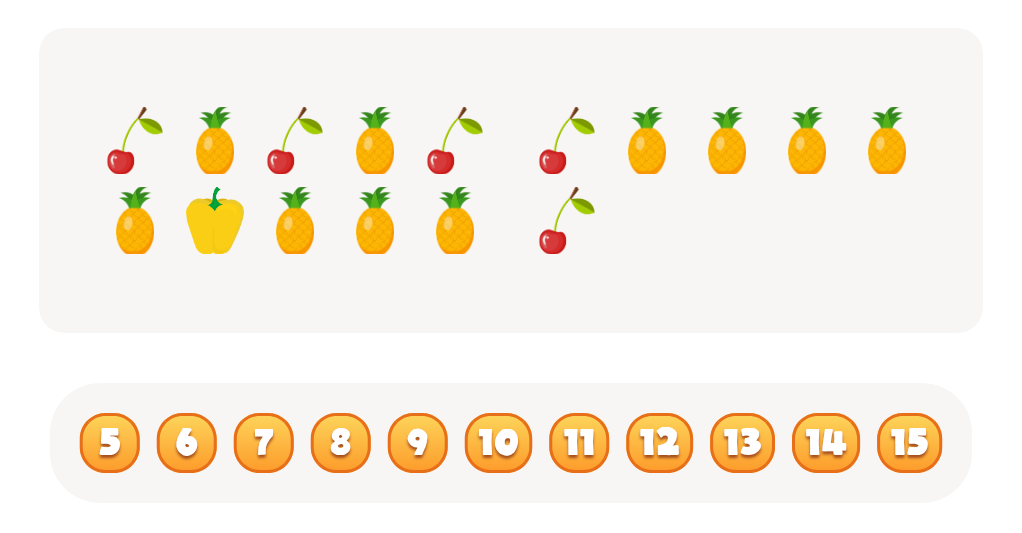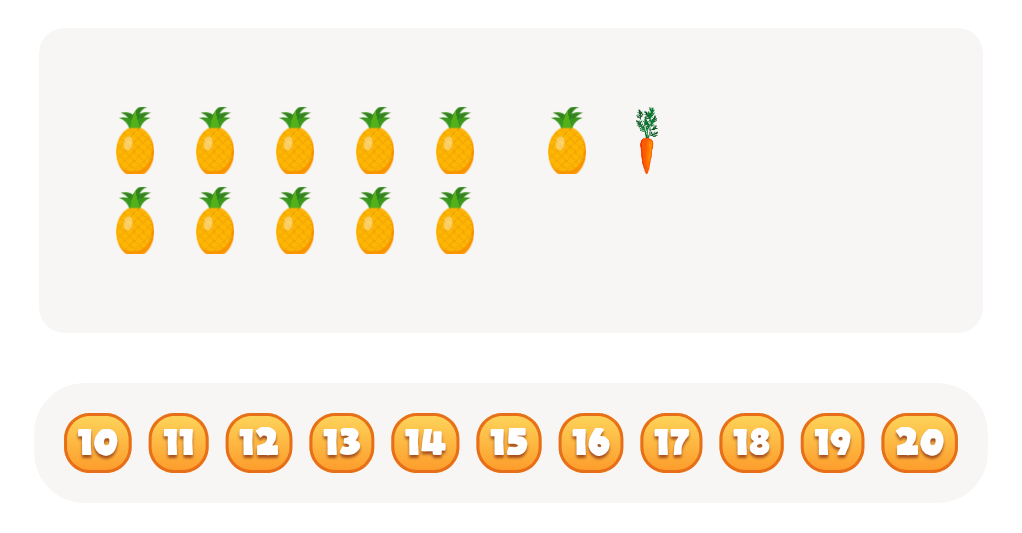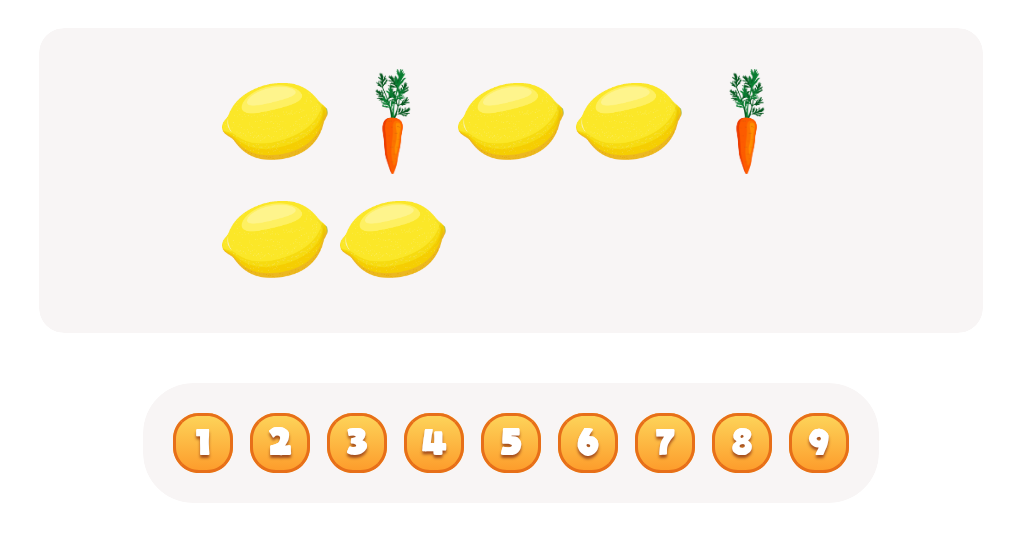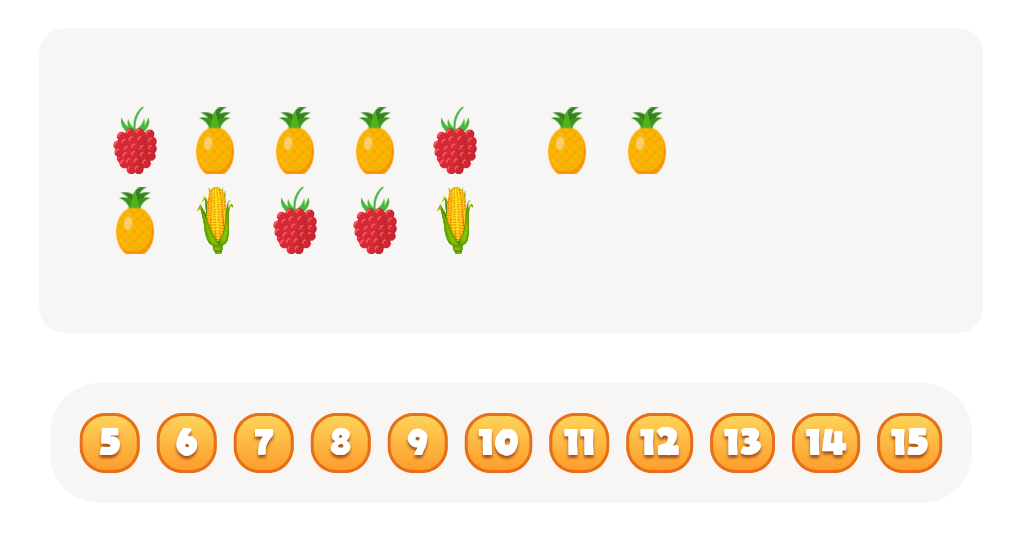Enhancing observation skills Plants and Animals Worksheets for Ages 3-9
5 filtered results
-
From - To
Enhance your child's observation skills with our engaging Plants and Animals worksheets, designed for ages 3-9. These fun-filled activities encourage young learners to closely examine the wonders of nature, fostering curiosity about their environment. From identifying different species to exploring various plant and animal habitats, our worksheets promote critical thinking and attention to detail. With vibrant illustrations and interactive tasks, children will enjoy honing their observation skills while developing a deeper understanding of the natural world. Perfect for home or classroom use, these resources provide an exciting way to ignite an early interest in science and nature-based exploration. Start your adventure today!
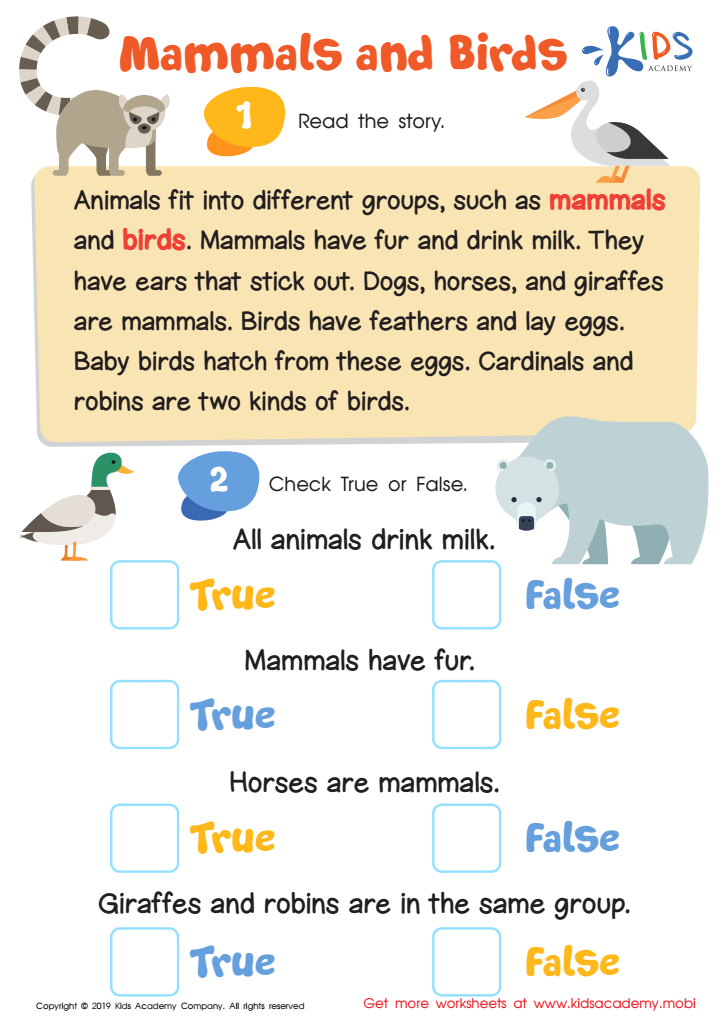

Mammals and Birds Worksheet


Pollinator Positions Worksheet
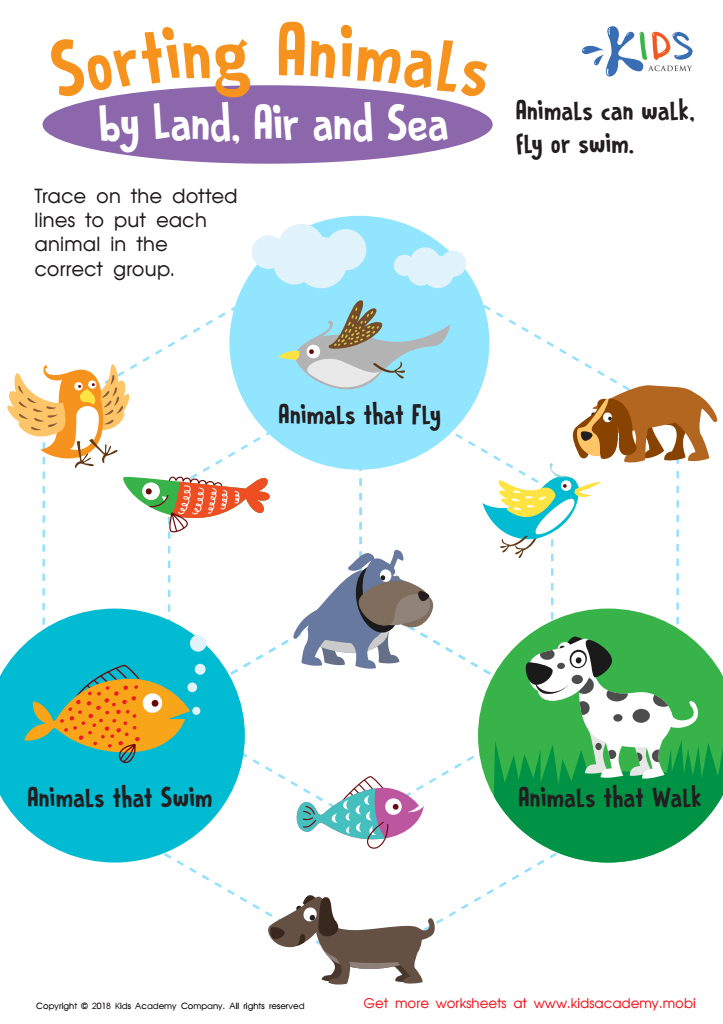

Sorting Animals by Land, Air and Sea Worksheet
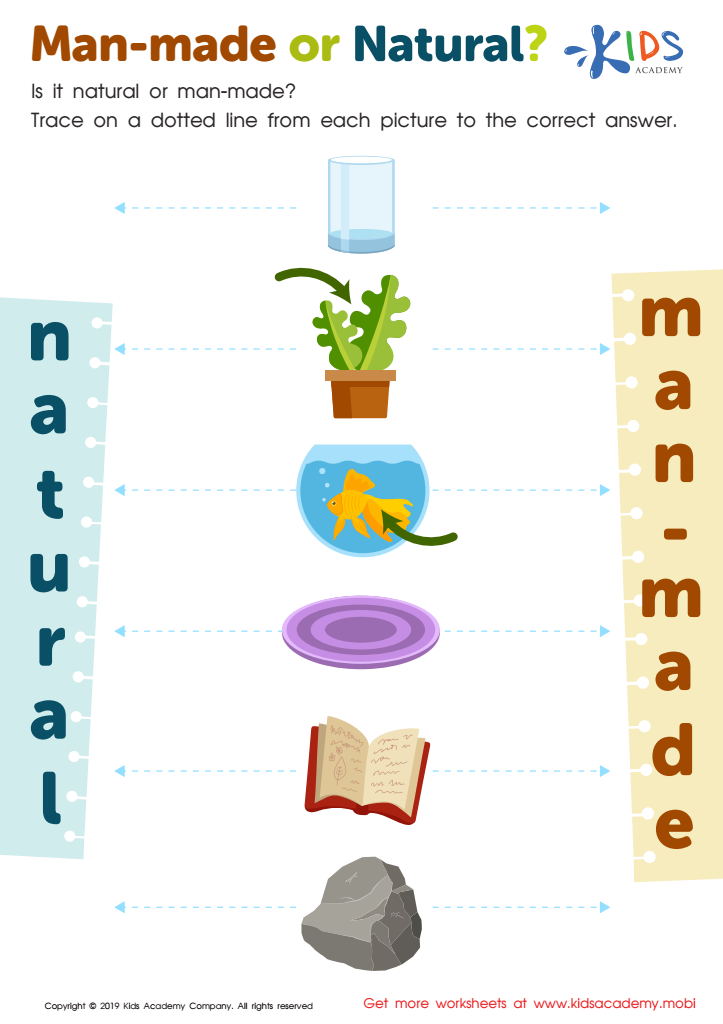

Man-Made or Natural? Worksheet
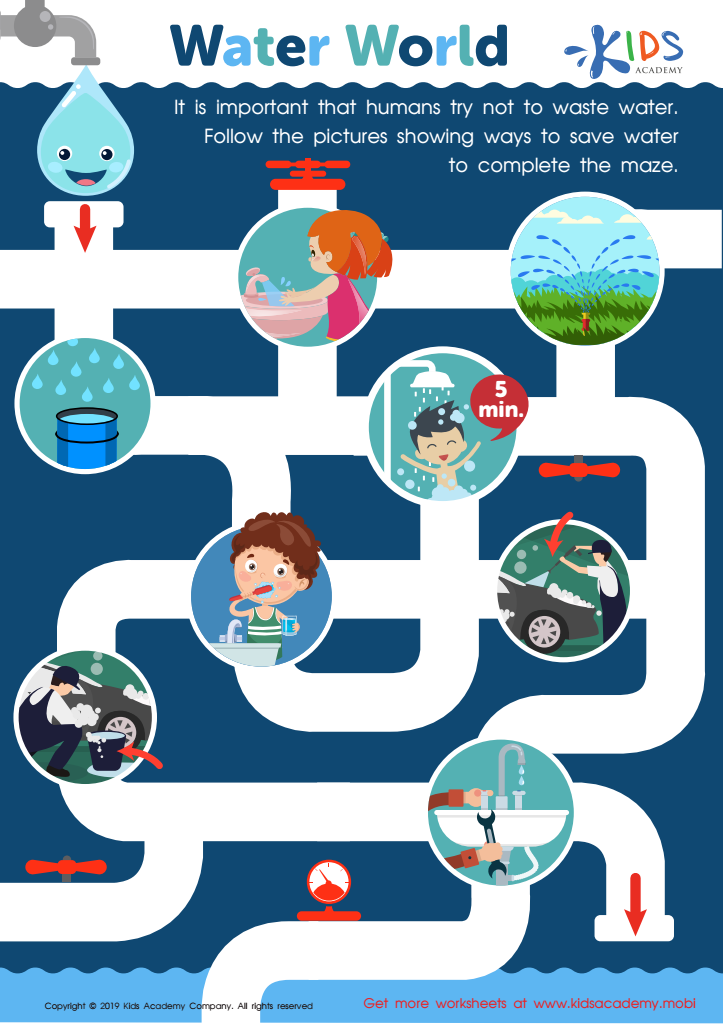

Water World Worksheet
Enhancing observation skills in young children, particularly regarding plants and animals, is crucial for cognitive and emotional development. For ages 3 to 9, nurturing observation fosters a deep connection with nature and promotes curiosity, critical thinking, and a sense of responsibility towards the environment.
When parents and teachers engage children in observing the natural world, they encourage exploration and scientific thinking. Children start noticing details—like the shapes of leaves or the behavior of animals—that inspire inquiry and discussion. This practice boosts language skills as they describe what they see, improving vocabulary and communication skills.
Moreover, these observation skills cultivate a sense of wonder and respect for living things. This curriculum helps instill empathy by encouraging children to recognize and appreciate the feelings of animals and the importance of plants, fostering a sense of stewardship for the earth.
Additionally, incorporating nature observation can enhance emotional well-being. Time spent in nature has been shown to reduce stress and anxiety in children, contributing to overall mental health.
In summary, enhancing observation skills not only enriches children's academic experiences but also supports their emotional and social development, making it a vital focus for parents and educators alike.
 Assign to My Students
Assign to My Students
